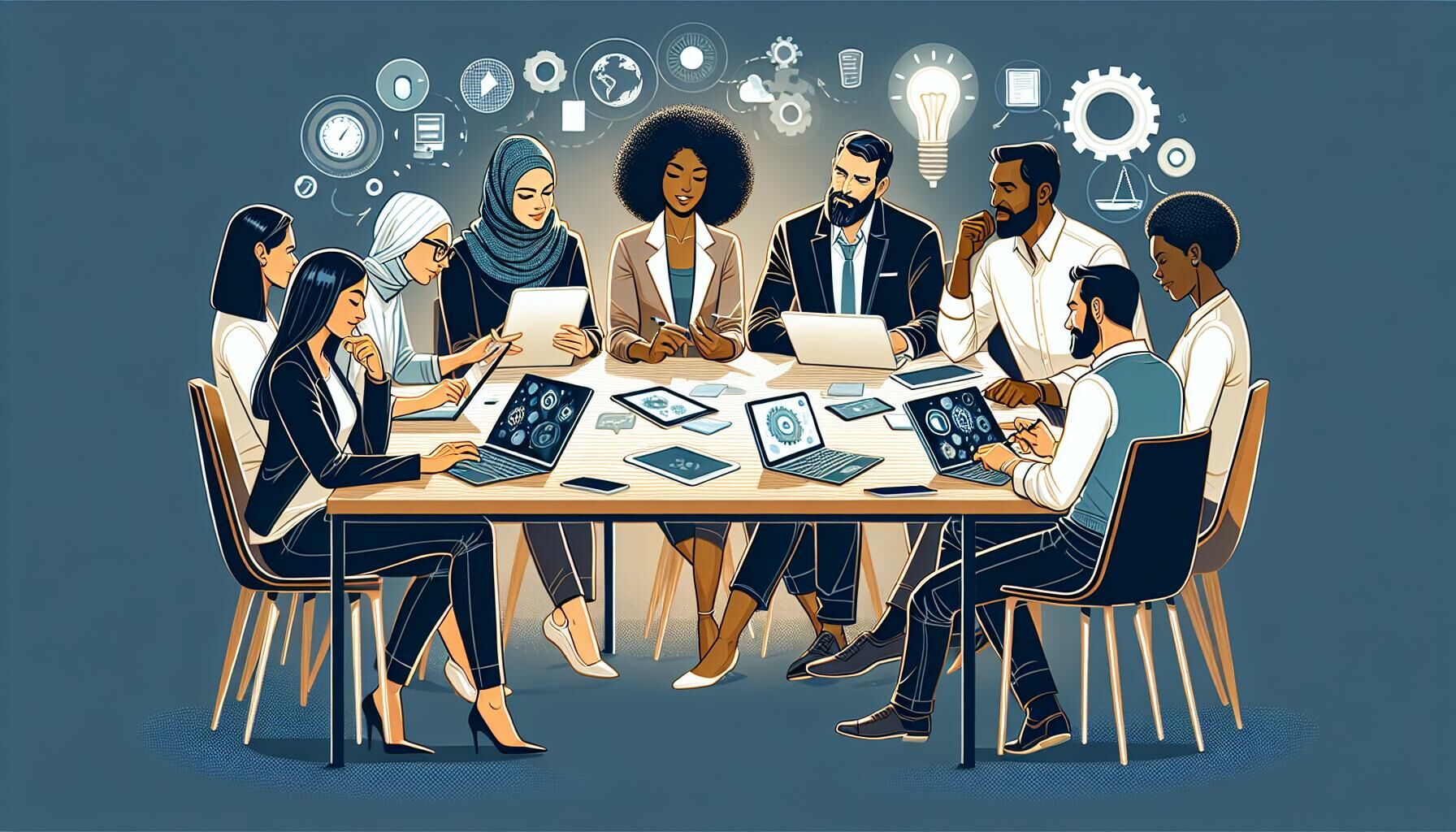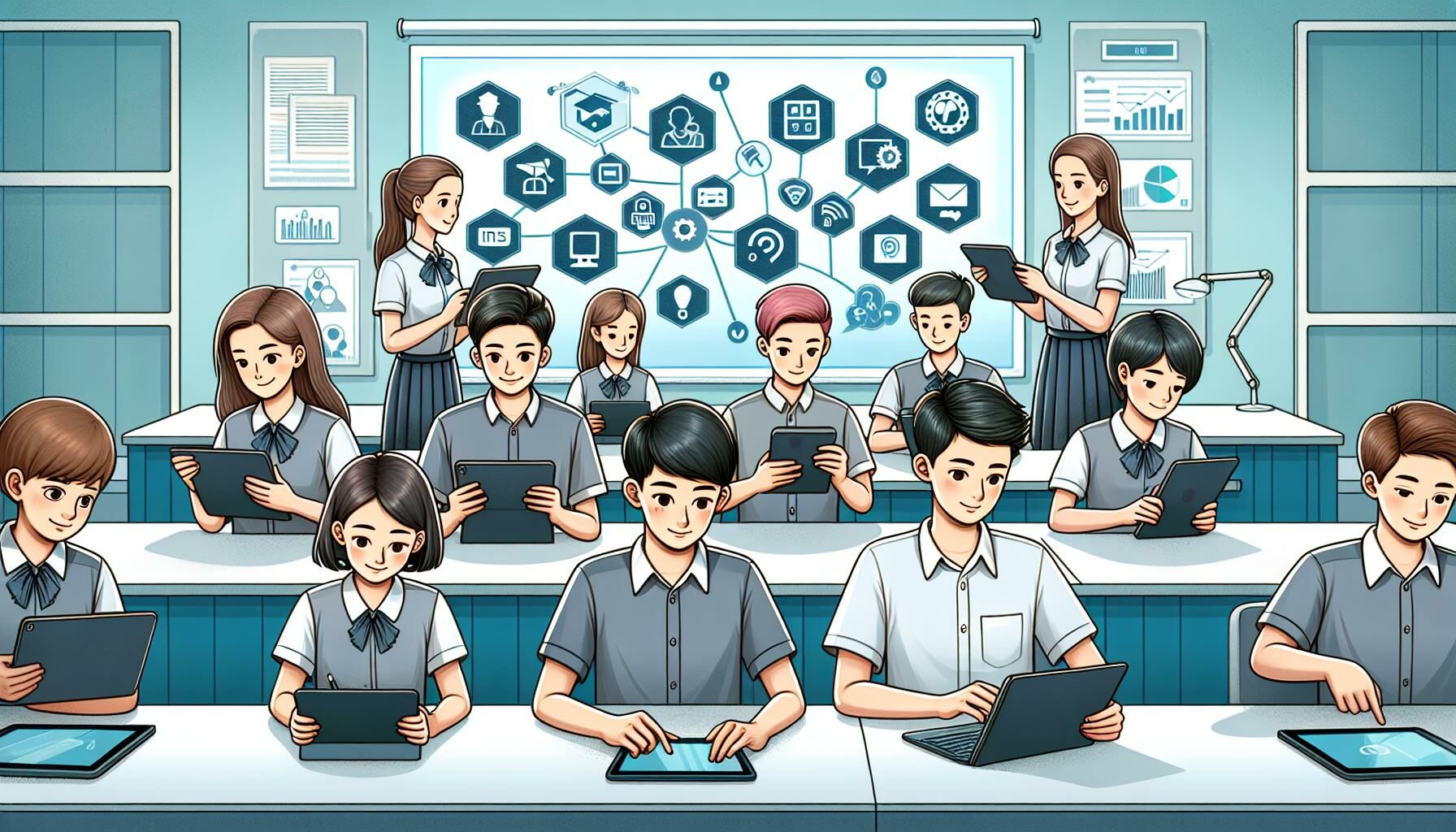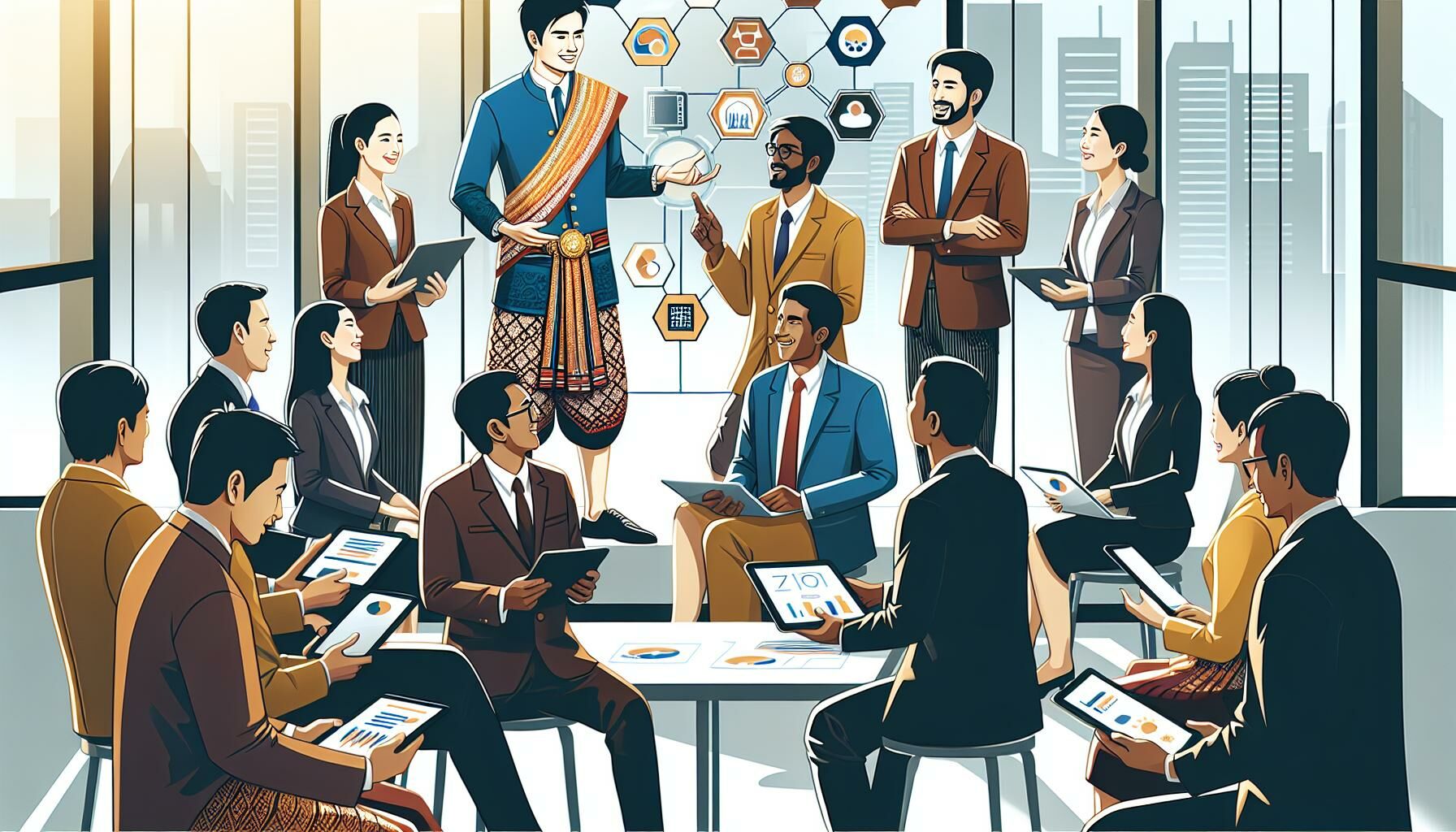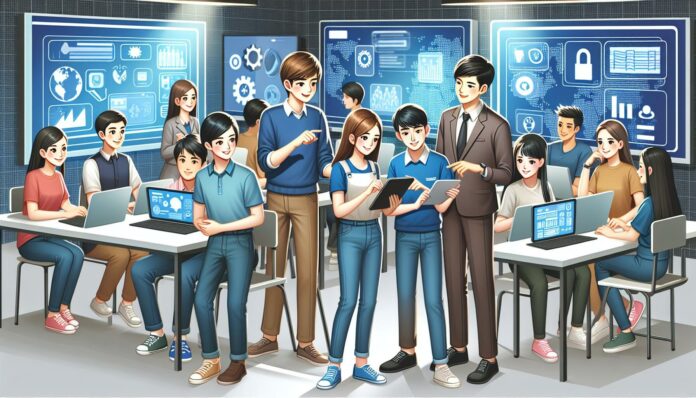As the world evolves, life skills crucial for the 21st century play an imperative role in personal and professional success. Mastery of diverse skills like problem-solving, critical thinking, communication, collaboration, creativity, and innovation is no longer optional; these are mandatory for navigating complex global landscapes. These competencies facilitate not only individual adaptability but also collective advancements in an increasingly digital and interconnected environment.
Learning Skills (The Four C’s)

Critical thinking
Critical thinking stands out as a premiere skill for future success across various sectors. It involves analysing information and assessing its relevance before making justified decisions. Students engaging in this dynamic process enhance their ability to tackle complex problems by breaking them down systematically. Schools promote this skill through activities challenging students to debate, reason, and hypothesise, thus preparing them for real-world scenarios where critical thinking is invaluable.
Creativity
Creativity extends far beyond artistic expression; it’s a vital skill for innovation in any field. In the 21st century, creativity empowers students to generate novel ideas and solutions. This can mean designing a unique software solution or a new approach to renewable energy use. Emphasising creativity in learning experiences enables individuals to approach challenges with a new perspective, crucial for industries that thrive on innovation.
Collaboration
Collaboration is integral to the fabric of modern work environments. Students who master the ability to work effectively in teams bring this essential life skill to professional settings, promoting workplace harmony and enhanced productivity. Educational systems incorporate group projects and collaborative laboratories, fostering skills in negotiation and team dynamics. These experiences ensure learners can contribute positively in collective settings, a critical asset in any career.
Communication
Effective communication is paramount, entailing clear articulation of thoughts and active listening to interpret others’ messages accurately. This skill facilitates not just daily interactions but also, fundamentally supports negotiation and leadership roles. Schools encourage improved communication by engaging students in presentations, group discussions, and digital literacies—empowering them with the versatility to excel in both interpersonal and digital communication spheres.
These Learning Skills or “Four C’s” are fundamental in cultivating competent individuals equipped to navigate the evolving challenges of the 21st century. Each skill interlinks, supporting students’ overall development in becoming effective leaders, innovators, and collaborators in their future careers.
Category 2. Literacy Skills (IMT)

Information literacy
Information Literacy empowers students to discern and evaluate information critically. It involves the ability to identify relevant data, assess its source, and integrate it effectively into decision-making processes. In a world abundant with information, this literacy ensures individuals can sift through the noise to find credible facts. For instance, students often encounter diverse data types online; being adept at separating factual content from misinformation is crucial for both academic success and informed citizenship.
Media literacy
Media Literacy extends beyond simple consumption of content to a more nuanced understanding of the media landscape. It includes the ability to analyse how media messages are created, and their intended purposes and potential biases. This literacy is becoming increasingly vital as digital platforms proliferate, offering manifold narratives. Recognising the influence of media in shaping perceptions and opinions enables individuals to navigate media environments judiciously.
Technology literacy
Technology Literacy involves mastering the digital tools that are reshaping our modern world. It requires not only proficiency in using technology but also understanding how to seamlessly integrate it into both personal and professional settings. This form of literacy enables deep engagement with information, critical analysis of media, and strategic application of technological resources. Possessing these skills is essential for adapting effectively to the rapid changes in the global landscape.
Category 3. Life Skills (FLIPS)

Flexibility
Flexibility ranks high among essential 21st-century life skills; it allows individuals to adapt swiftly in a rapidly changing environment. In professional contexts, individuals demonstrate flexibility by adjusting strategies to meet new demands or shifting goals when necessary. This skill isn’t about being directionless but rather about maintaining resilience and direction amidst change.
Leadership
Leadership today extends beyond merely holding a position of authority; it is about influencing and guiding team members to achieve shared goals. In modern, team-oriented workplaces, it is essential for individuals at every level to develop their leadership skills. This involves setting clear goals, keeping the team motivated, and creating a workplace environment that is both positive and productive. Effective leadership plays a vital role in driving success and fostering innovation within teams.
Initiative
Initiative is a proactive approach to work and life. Individuals showing initiative often lead projects, suggest improvements, and solve unforeseen problems before they escalate. This skill embodies the capacity to see beyond the current tasks at hand and to act independently with foresight and creativity, making it crucial for career advancement and personal development.
Productivity
In today’s world, filled with endless distractions, achieving high productivity is increasingly challenging. Effective self-management plays a crucial role in this scenario. Boosting productivity requires prioritising tasks wisely, managing time effectively, and committing to ongoing personal and professional growth. Not only does high productivity lead to outstanding results, but it also increases job satisfaction and promotes individual development.
Social Skills
Effective social skills enable better interaction and collaboration with others, skills increasingly crucial in diverse and interconnected workplaces. These include the ability to communicate clearly, resolve conflicts, and build relationships. Mastery of social skills leads to better networking opportunities and enhances teamwork, directly impacting career success and organisational development.
If you are still looking for self-development or lifestyle content, please check out our articles on ‘Best-of-Lifestyle guides.‘
GuidesLifestyle



